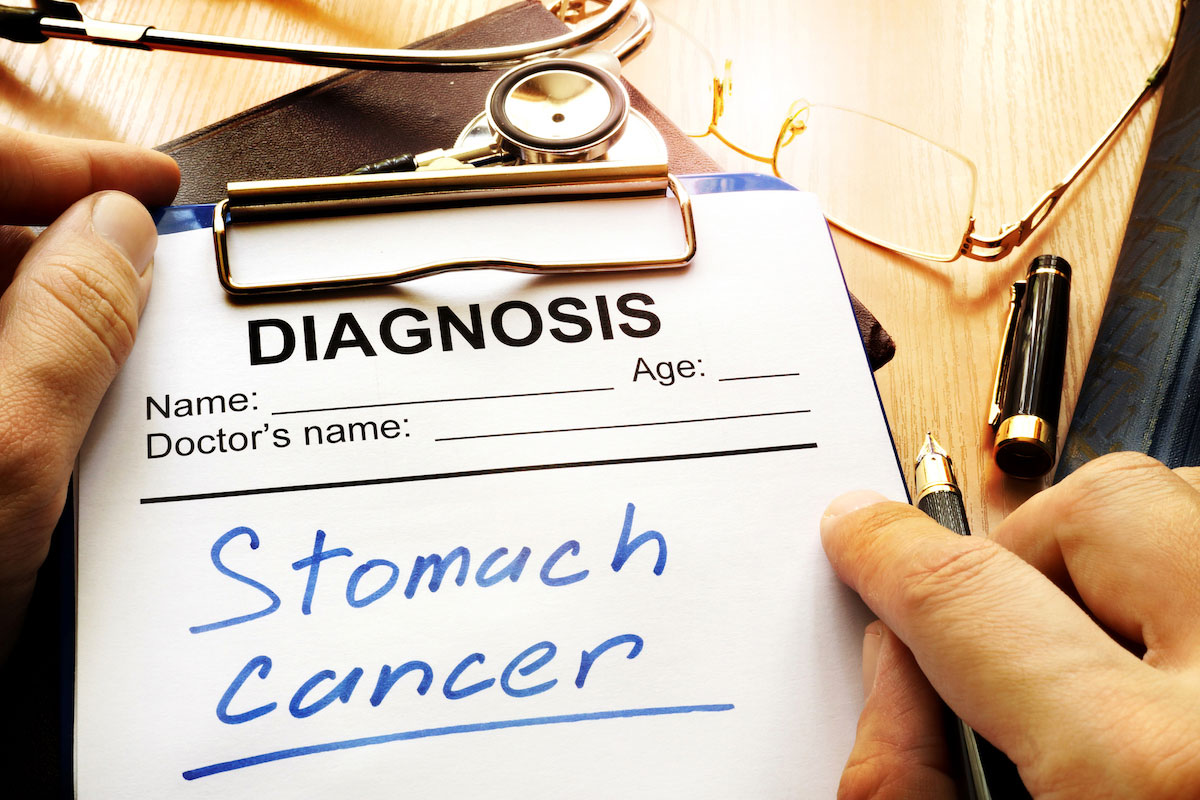By Dr. Bret Schipper
Chief of Surgical Oncology
The Hospital of Central Connecticut and MidState Medical Center
Stomach, or gastric, cancer in the United States is somewhat rare, but it’s important to know the signs and symptoms. According to the American Cancer Society, about 27,500 cases of stomach cancer will be diagnosed each year.
Stomach cancer can be difficult to diagnose in the early stages because most of the symptoms are similar to other more benign conditions. For instance, the symptom of an upset stomach is quite common and can also point to indigestion, a stomach bug, or any number of illnesses.
Some of the early symptoms of stomach cancer include:
- ongoing stomach pain, indigestion or discomfort.
- heartburn.
- bloating, especially after eating.
- feeling full quickly.
- mild nausea.
- loss of appetite.
- fatigue.
As stomach cancer progresses, the symptoms become more persistent and easier to notice. They may include:
- unexplained or unintentional weight loss.
- vomiting after meals.
- stomach pain, especially after meals.
- difficulty swallowing.
- weakness.
- frequent burping.
- anemia, determined through a blood test.
- a persistent stomach ulcer.
While these symptoms may be unrelated to stomach cancer, if you experience any of them with regularity you should speak with your doctor to determine if diagnostic testing is necessary. Testing may include blood work, a CT scan, endoscopy, biopsy or barium swallow.
So what are the risk factors associated with stomach cancer? Some are preventable and some are not.
Diet and lifestyle can influence your risk of developing stomach cancer. Tobacco and alcohol use can increase your risk, as can a diet rich in salted or smoked foods and low in fruit and vegetables.
Some illnesses can increase the risk of developing stomach cancer. These include pernicious anemia and Menetrier disease. Additionally, some cases of stomach cancer can be traced to a condition called H. pylori infection. H. pylori is a bacteria that can infect the stomach and intestines. If it is not treated, it can lead to stomach cancer.
In some cases, stomach cancer can be hereditary, identified by illnesses such as familial adenomatous polyposis, hereditary diffuse gastric cancer, Peutz-Jeghers syndrome, hereditary nonpolyposis colorectal cancer, also called Lynch syndrome and mutations in certain genes such as BRCA1, BRCA2, or CDH1.
Treating stomach cancer has become more successful due to improvements in staging the disease, as well as advances in research and technology. Diagnosis in the early stages has resulted in more patients surviving stomach cancer and extended life expectancy.
Surgery may be an option for patients whose cancer is in the early stages. For more advanced stomach cancer, chemotherapy, radiation, or a combination of these treatments may help patients live longer.
The Hartford HealthCare Cancer Institute was the charter member of the Memorial Sloan Kettering Cancer Alliance, and offers access to the latest advances in cancer care and to hundreds of life-saving clinical trials, all while ensuring there is one excellent standard of care across the Institute.
Here, patients are connected with a team of experts, many with different sub-specialty training, all of whom are working together. Patients are also matched with nurse navigators to help guide them through every step of the journey, so that patients feel supported each step of the way.
As with any cancer, the earlier it can be diagnosed, the better the outcome for the patient. The advice is the same for any illness or disease. Pay attention to your body and the signals it is sending out, and share any irregularities with your doctor.


